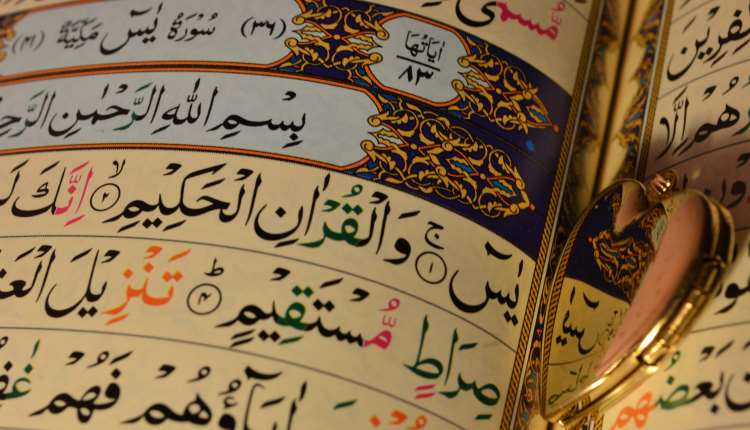About the verse of stoning (Rajm) having been removed from the Quran
To the best of my knowledge, the criteria for a Hadith to be Sahih are strict and one of them is that if a Hadith does not match or conflicts with the Holy Quran, then it can not be declared Sahih. If the Quran says that it is complete and free from errors then how can a Hadith claiming a missing verse in the Quran be declared Sahih? Do we need to revise and recheck the Sahih Bukhari and other collections of Ahadith to find potential conflicts with the Quran and errors?
I have attached the Ahadith I have found from The Alim software pertaining to this topic. I must also mention here that Dr. Zakir Naik mentioned that even though there is a difference of opinion amongst scholars on the authenticity of this hadith, most scholars believe this hadith to be Sahih!
I really appreciate your quick response to the earlier question and thank you for your precious time and encouragement.
Bukhari, Volume 8 Hadith 817
In the meantime, ‘Umar sat on the pulpit and when the callmakers for the prayer had finished their call, ‘Umar stood up, and having glorified and praised Allah as He deserved, he said, “Now then, I am going to tell you something which (Allah) has written for me to say. I do not know; perhaps it portends my death, so whoever understands and remembers it, must narrate it to the others wherever his mount takes him, but if somebody is afraid that he does not understand it, then it is unlawful for him to tell lies about me. Allah sent Muhammad with the Truth and revealed the Holy Book to him, and among what Allah revealed, was the Verse of the Rajam the stoning of married person I am afraid that after a long time has passed, somebody will say, ‘By Allah, we do not find the Verse of the Rajam in Allah’s Book,’ and thus they will go astray by leaving an obligation which Allah has revealed. And the punishment of the Rajam is to be inflicted to any married person.
Answer
Everything under the sky is revisable except Quran and sunnah. This principle is particularly true in the case of ahadith since they carry information about our beloved prophet. We must ensure that the information we are accepting about him is correct or else the effect of it would be far reaching. It is better to discard a few pieces of information about him in the name of cautiousness than to accept something that was not said, done, or intended by him. Since hadith was not a part of the original plan of the Almighty’s way of disseminting Islam’s message and it has now become known quite as much an Islamic source as the Quran and sunnah, the need for such care has become even more significant. It is because of the lack of application of this approach that the otherwise very impressive scholars like Dr Zakir Naik also fall into the trap quoting such information as you have quoted in the name of Islam.
Our Muhaddithun have done extremely well to implement the criterion of rivayat — researching the reliability of the narrators — in scrtuinizing ahadith. There is a serious need to likewise implement the criterion of dirayat — scrutinizing ahadith on the criterion of the acceptability of the text — as well.

